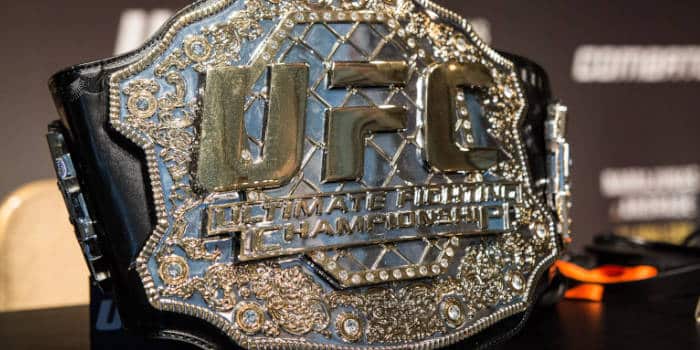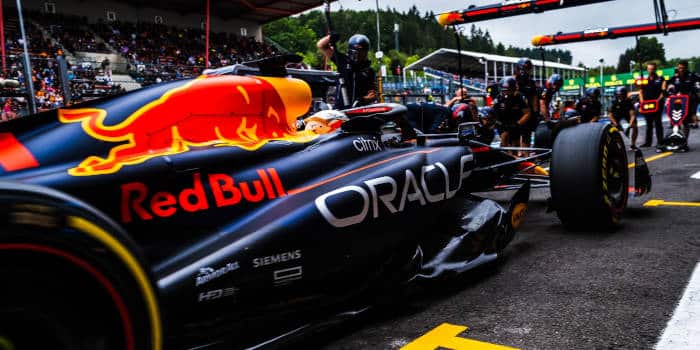- Casino
- By State
- Alabama
- Alaska
- Arizona
- Arkansas
- California
- Colorado
- Connecticut
- Delaware
- Georgia
- Florida
- Hawaii
- Idaho
- Illinois
- Indiana
- Iowa
- Kansas
- Kentucky
- Louisiana
- Maine
- Massachusetts
- Maryland
- Michigan
- Minnesota
- Mississippi
- Missouri
- Montana
- Nebraska
- Nevada
- New Hampshire
- New Jersey
- New Mexico
- New York
- North Carolina
- North Dakota
- Ohio
- Oklahoma
- Oregon
- Pennsylvania
- Rhode Island
- South Carolina
- South Dakota
- Tennessee
- Texas
- Utah
- Vermont
- Virginia
- Washington
- West Virginia
- Wisconsin
- Wyoming
- By State
- Slots
- Poker
- Sports
- Esports
UEFA Seeks Partner in Fight against Match-Fixing

- UEFA launches tender for partner against match-fixing
- Winner to conduct feasibility study
- The organisation admits it cannot handle match-fixing alone
UEFA recruits help against match-fixing
The governing body of football in Europe, UEFA, has launched a new tender to find an individual or organisation to aid its battle against match-fixing in the sport.
In particular, the tender aims to select an entity to conduct a feasibility study aimed to examining ways of enhancing football’s capacity to investigate and prosecute match-fixing cases.
UEFA, which first announced the plans after its Executive Committee meeting in Ljubljana last month, said that the study could help bring it closer to public authorities, national police, governments and state prosecutors.
The organisation that wins the tender will be required to work within regulatory structures such as the Council of Europe’s Macolin Convention. Moreover, it will collaborate with partners including European law enforcement agency Europol.
In addition, the winning bidder will need to cooperate with other sports associations and governments across the countries of UEFA’s 55 national associations.
UEFA said it will review and choose a winning proposal in December. It added: “Since 2009, UEFA has established a full-time anti match-fixing unit. UEFA, as football’s European governing body continues to be fully committed to protecting the essence of football’s spirit and is dedicated to combatting the scourge of match-fixing.
A problem beyond UEFA
UEFA President Aleksander Čeferin commented, “We must do more to fight match-fixing aggressively because collectively and individually, we haven’t done enough. The most important thing is co-operation with governments because our problem always was and always is that, even if we know many things, each case has to be prosecuted.”
“The main problem is that our jurisdiction ends at football. We cannot tap phones, we cannot put people in prison, and with many computer servers being 10,000km from Europe, it’s a problem we cannot solve on our own. This study will look at how to bring together the different actors on this stage, so we are all working in partnership, not isolation, to tackle one of the biggest threats to the integrity of sport.”
According to a report issued by StatsPerform in August, suspicious betting activity around international and domestic football matches was said to have declined in 2018. A total of 377 matches were identified as suspicious, against 397 matches in 2017.
The Suspicious Betting Trends in Global Football Report was compiled using data from 62,250 football matches played in 2018. This included domestic and international competitions across 115 countries and six continents.
Analysed by regions, Europe had the highest number of suspicious matches. However, Asia had the highest number as a percentage of matches analysed.
Individual responsibility
Sport officials have repeatedly stated that sport itself does not have the means to effectively combat match-fixing – only state authorities do.
UEFA, which has been struggling with corruption scandals itself, believes that there are various reasons why the fight against match-fixing needs to be strengthened. Therefore, this feasibility study will address these challenges.
Organisations that wish to bid for the tender have to declare their interest until 28 October. Candidates that make it to the next stage will be informed by 30 October and will then need to submit a full proposal by 27 November.
UEFA will then evaluate all proposals and appoint a partner by the end of the current year.
Related Topics:
Simon is a freelance writer who specializes in gambling news and has been an author in the poker/casino scene for 10+ years. He brings valuable knowledge to the team and a different perspective, especially as a casual casino player.
Must Read
More Articles




